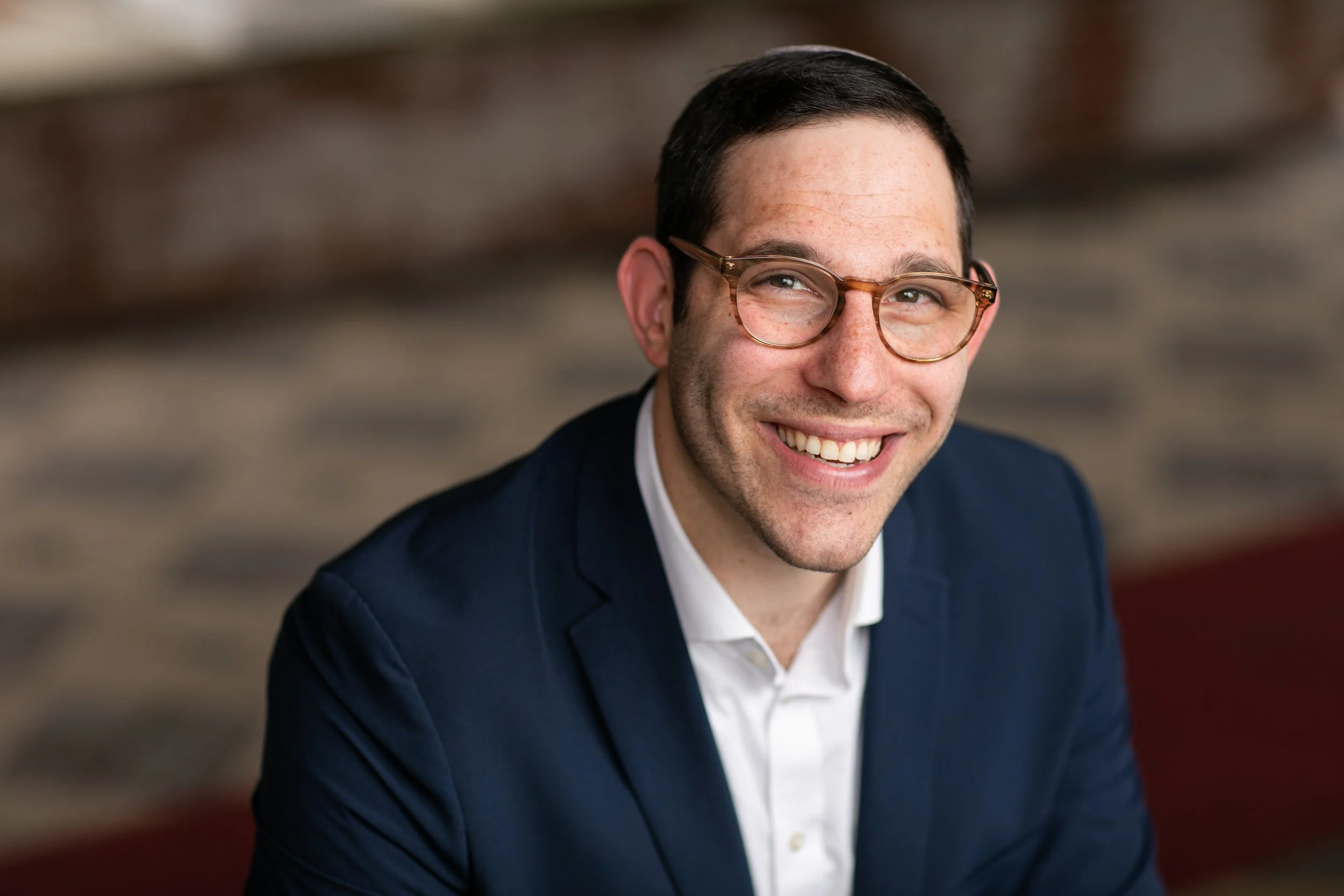WELCOME TO THE PODCAST
Understanding Disordered Eating

LISTEN NOW
Understanding
Disordered Eating Podcast
Each week we explore the deeper meaning of our relationship with food and our body. I interview experts in the field of eating disorders and psychoanalysis to bring you the answers about why you do the things you do and bring you one step closer to a healthier relationship with food and yourself.
Relationships with Eli Weinstein LCSW
Balance and boundaries are the keys to your success in your everyday life. But balancing the two is never easy. The way we relate to food often mirrors how we relate to people—be it friends, family, or romantic partners. And let’s be real, the way we interact with others can reveal a lot about our own struggles and strengths.
Orthodox Jews and ED with Devorah Levinson
There is a cultural shift within the Orthodox Jewish community due to the internet, where appearance ideals have become pervasive, challenging the community's perceived protective measures. The learning curve lies in recognizing these changes and understanding that even with a more insular lifestyle, the community is not immune to the impact of societal influences on body image and eating habits.
The 1 Thing That Affects Every Single Person with an ED
When someone firmly establishes a boundary, that’s part of what we’d call being assertive. These qualities go hand in hand. For a lot of folks, it’s the hardest thing to do and we practice doing so in recovery. In contrast, there are totally those who don’t have a problem with voicing their opinions and clearly stating their boundaries but it can come across as pretty aggressive. I don’t consider the “aggressive” way of interacting assertive. In fact, it’s the other side of the same issue as not speaking up enough. That’s why I say 100% of people struggle with assertiveness because it comes from one side or another.
The Rules of the Therapy Game with Dr. Dana Satir, CEDS
Let’s first acknowledge that there is no fixed framework for the therapeutic relationship. We know that each person's experience is unique. How close we get to the edges of this metaphorical frame varies from person to person and might change over time. But ultimately, most sessions follow a set of “rules”.
Intuition, Decisions, and Food
In a world driven by absolutes and quick fixes, where opinions often seem black or white, it's time to stop for a minute and just think about how complex the situation really is. Let’s embrace the nuance in our decision-making, whether it pertains to nutrition, relationships, or any other aspect of life.
Body Stuff with Dr. Jennifer Gaudiani
As I sat down with Dr. Gaudiani, she wasted no time in emphasizing the personalized and intricate nature of eating disorders. These conditions are shaped by a complex interplay of genetics and an array of factors still shrouded in mystery. Dr. Gaudiani made it clear that the web of complexities surrounding eating disorders extends far beyond our current comprehension, revealing the need for a bespoke approach to treatment.
How to Handle the Hardest Situations (Clinician Series)
As clinicians, our role goes beyond that of typical interpersonal relationships. We are healers, listeners, and guides to our clients, offering them a safe space to explore their emotions and experiences. When a client becomes upset or frustrated, it becomes a unique opportunity for us to understand their inner world better.
What ED People Got Wrong About Science with Dr. A'nna Roby
What do we do with the limitations in nutrition science? Much of the conversation among nutrition scientists, outside the realm of eating disorders, revolves around various fad diets or approaches involving highly processed foods, intermittent fasting, and keto diets, among other trends. But the majority of this evidence may lack comprehensive scientific support.
Why BetterHelp Sucks
Since 2020, online therapy platforms like BetterHelp have become very popular, mainly because of their convenience and affordability. With a subscription-based model, easy therapist switching, and 24/7 accessibility, they promise an accessible and hassle-free mental health solution. But are these platforms really a replacement for traditional therapy? Are these platforms providing true therapeutic value?
Meet Your Host
Rachelle is a licensed mental health counselor, eating disorder and analytic therapist.
Rachelle works with clients in New York City and Brooklyn to make sense of life’s messy emotional experiences.











